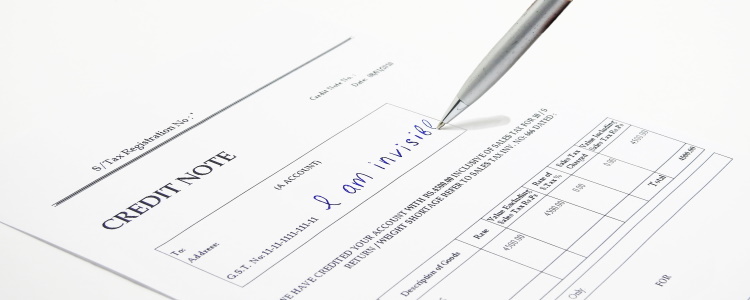Subprime lenders are an important part of auto financing because they give borrowers with poor credit a chance to get into a car loan when when they need one the most. Let's look at how they're able to help when traditional lenders can't or won't.
What Is a Subprime Lender?
A subprime lender is a third-party financier that typically works with certain special finance dealerships to assist people who may not otherwise qualify for auto loans. Traditional lenders – banks, credit unions, and some manufacturer's captive divisions – aren't as able or willing to work with consumers that have low credit scores and/or credit challenges.
Subprime lenders look at your credit score and pull your credit reports, but they’re only a part of your story, and these lenders know it. They also realize that in order to get a full picture of your situation, they need to look at many overall factors, like your ability, stability, and willingness to successfully complete a car loan.
Are You Creditworthy?
 When they consider you for an auto loan, subprime lenders use many factors to get a clear picture of your credit and situation. Whether you're in a low credit situation due to circumstances beyond your control, or if you make a habit of not keeping up with your bills, subprime lenders can tell the difference. This is because there are two kinds of bad credit: situational and habitual.
When they consider you for an auto loan, subprime lenders use many factors to get a clear picture of your credit and situation. Whether you're in a low credit situation due to circumstances beyond your control, or if you make a habit of not keeping up with your bills, subprime lenders can tell the difference. This is because there are two kinds of bad credit: situational and habitual.
A person with situational bad credit may have kept up with their finances until something outside of their control – the coronavirus pandemic, for example – caused an unexpected job loss. With the loss of income, some things may have gotten pushed aside, and bills may not have been paid on time, which causes a drop in their credit score.
On the other hand, a person with habitual bad credit has a consistent pattern of credit mismanagement. Someone with habitual bad credit may not set out to be bad, but each time a payment is missed, there's the potential for their credit score to drop even further. Habitual bad credit may be tougher to overcome than situational bad credit.
No matter which type of bad credit you have, subprime lenders are going to look at a few things to ensure you meet the lending qualifications. Each lender has their own requirements and stipulations, but, in general, they require:
- Proof of identity
- Proof of income
- Proof of residence
- Proof of a working phone
In addition to these, lenders also typically ask for a list of five to eight personal references with complete contact information, and a down payment of at least $1,000 or 10% of a vehicle’s selling price.
Benefits of Working With a Subprime Lender
When you're struggling with credit issues, a subprime lender is one of the few ways you can get the car you need and build your credit, too. Each on-time payment puts you one step closer to better credit. And, since auto loans are usually a few years long, you have the time to help your credit grow as long as you stay on top of all your bills.
Subprime lenders are a great resource because they give you the opportunity to better your situation by making the car loan you need possible despite your credit situation. However, you won't find subprime lenders at every dealership, and it can be frustrating when you don't know where to start. Fortunately, that's where we come in.
Here at Auto Credit Express, we work with a network of special finance dealers all across the country that are signed up with lenders that can help people in many types of challenging credit situations, including bad credit, no credit, and even bankruptcy. Simply fill out our no-obligation auto loan request form, and we'll start the process of matching you to a local dealership right away.
















